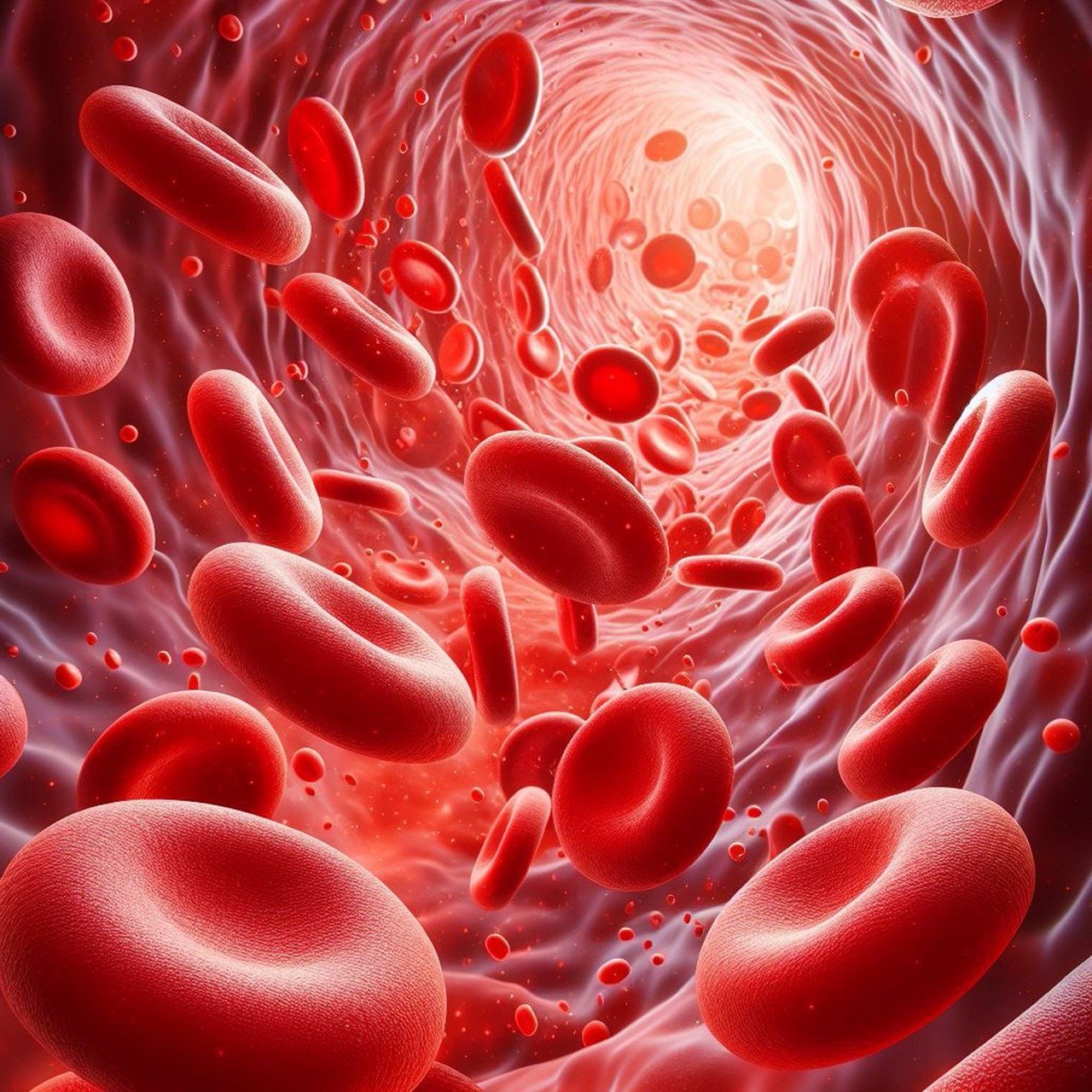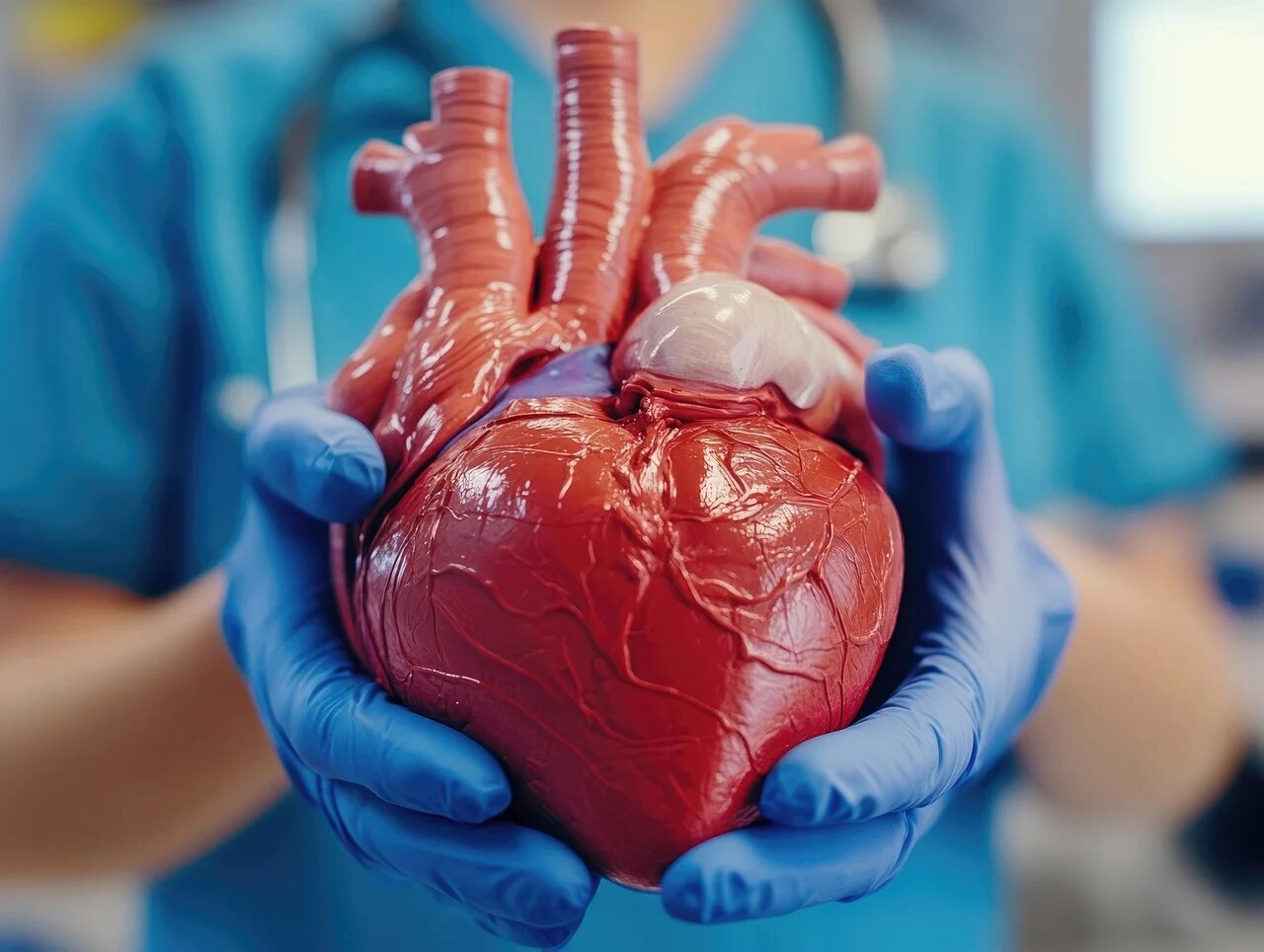Intermittent Fasting has become the most famous routine in recent years. It is a diet plan that consists of eating and fasting regularly. It’s more about when you eat and less about what you eat. It is mostly famous for weight loss, but there are many other benefits as well. The most famous method is 16/8 in which one should fast for 16 hours and eat during the remaining 8 hours. The other method is 5:2 in which you should take a less-calorie diet on two non-consecutive days and eat normally during the 5 days of the week.
Many researches show that intermittent fasting has powerful benefits for our body and brain. It helps reduce weight and cure many other diseases such as diabetes, high blood pressure, and heart diseases, etc. So, it is very beneficial for many people but it is not for everyone. You should consult with a healthcare professional before starting any plan for
Intermittent Fasting.
Intermittent Fasting is a good idea if you want a healthy life and active brain. But it is not a good idea for some people who are:
- Children, teens, or adults (under the developing stage)
- 65+ age group
- Patients with High or Low Blood Pressure
- People who have diabetes, kidney, liver, or heart problems
- People who are on their medication, taking medicine for blood pressure, diabetes, etc.
- Ladies who are pregnant or breastfeeding.
It is well known that there are many benefits of Intermittent fasting but there are some side effects as well but they can be cured within one month;
- Headaches
- Fatigue
- Hunger
- Nausea
- Insomnia
Benefits of Intermittent Fasting
As discussed above, there are many benefits of intermittent fasting. Here, we’ll explain in detail;
1. Weight Loss
Intermittent fasting (IF) aids weight loss by tapping into several key mechanisms:
- By limiting the eating window, you naturally consume fewer calories. It’s not just about eating less but eating more carefully. Short-term fasting can increase your metabolic rate by 3.6-14%, which helps you burn more calories. This is often called the "thermic effect" of food processing.
- Hormonal Changes: IF influences hormones to make stored body fat more accessible. During fasting, insulin levels drop significantly, facilitating fat burning. Human growth hormone (HGH) levels can increase, promoting fat loss and muscle gain.
- Cellular Repair: Intermittent fasting triggers autophagy, which removes dysfunctional proteins and helps cells run more efficiently. This process can optimize fat usage.
- Controlled Hunger: Over time, fasting can help regulate hunger hormones, such as ghrelin and leptin, reducing cravings and overeating. Fewer meals mean less planning, cooking, and cleaning, which can indirectly support weight loss by reducing stress and making healthy choices easier.

During fasting periods, your body has time to lower insulin levels. This means your cells can become more responsive to insulin, which is crucial for maintaining stable blood sugar levels. With more responsive insulin receptors, the cells take up glucose more efficiently. This reduces the amount of sugar circulating in the blood and can help prevent insulin resistance.
- Lower insulin levels mean that the body is less likely to store glucose as fat. Instead, it uses existing fat stores for energy, which can help in reducing overall body fat and improving insulin sensitivity.
- Intermittent Fasting can help balance hormones like ghrelin and leptin, which play a role in hunger and metabolism. A balanced hormonal state supports better insulin function.
3. Cellular repair
Intermittent fasting shines when it comes to cellular repair as fasting triggers
autophagy, a process where cells break down and recycle damaged components. This cleanup helps maintain healthy cellular function and can prevent various diseases.
- Intermittent Fasting can enhance the repair of damaged DNA, reducing the risk of mutations that could lead to chronic illnesses or cancer. It also supports the removal of dysfunctional mitochondria and the generation of new, healthy ones. Since mitochondria are the powerhouses of the cell, this boosts overall cellular energy production.
- Reduced Oxidative Stress: Fasting reduces the production of reactive oxygen species (ROS), which are harmful byproducts of cellular metabolism. Lower ROS levels mean less oxidative damage to cells.
This internal cleanup and repair process is crucial for long-term health and longevity.
4. Heart Health
Intermittent fasting can have several positive effects on heart health as it can help reduce blood pressure levels, thanks to improved insulin sensitivity and better hormone regulation.
- Fasting has been shown to lower LDL (bad cholesterol) and increase HDL (good cholesterol). This balance is crucial for maintaining healthy arteries.
- Regular fasting can help lower triglyceride levels, reducing the risk of heart disease.
- Fasting can decrease inflammation markers like C-reactive protein, which are associated with heart disease. It may improve HRV, which is a marker of heart health and resilience.
Combining intermittent fasting with a balanced diet and regular exercise can lead to significant heart health benefits.
5. Brain Health
- Intermittent Fasting (IF) offers notable benefits for brain health, primarily through the enhancement of the Brain-Derived Neurotrophic Factor. BDNF is a protein that supports the survival and growth of neurons, essential for learning and memory. Higher levels of BDNF promote neuroplasticity, allowing the brain to adapt and form new connections, which is crucial for cognitive resilience.
- Additionally, IF encourages autophagy in brain cells, a process that clears out damaged cells and proteins, thereby reducing the risk of neurodegenerative diseases like Alzheimer's and Parkinson's.
Moreover, IF helps reduce inflammation and oxidative stress in the brain, which are significant contributors to cognitive decline. By lowering these harmful processes, fasting protects brain cells and supports overall mental function. It affects and enhances memory, learning, and overall cognitive performance, making IF a compelling practice for maintaining long-term brain health.
6. Longevity
Intermittent Fasting can promote longevity by enhancing cellular repair and reducing inflammation. During fasting, the body activates autophagy, clearing out damaged cells and improving overall cellular function. This process, combined with reduced oxidative stress and inflammation, can help protect against age-related diseases and improve metabolic health, ultimately contributing to a longer, healthier life.
7. Reduce the risk of cancer
Intermittent fasting can play a role in reducing the risk of cancer through several mechanisms. By promoting autophagy, fasting helps the body clean out damaged cells and proteins, potentially preventing the formation of cancerous cells. Additionally, fasting can reduce levels of insulin and insulin-like growth factor (IGF-1), hormones that, in high amounts, can promote the growth of cancer cells.
It reduces inflammation and oxidative stress, both of which are significant risk factors for cancer. It helps maintain cellular integrity and supports the body's natural defenses against cancer.
8. Helps prevent Alzheimer’s disease
Intermittent fasting (IF) can help prevent Alzheimer’s disease by reducing inflammation and oxidative stress, both of which are linked to the development of neurodegenerative diseases. It triggers autophagy, a process that clears out damaged cells and proteins, thereby reducing the accumulation of amyloid plaques and tau tangles, which are characteristic of Alzheimer’s.
shifts the brain's energy source from glucose to ketones, providing a more stable and efficient fuel for brain cells. This metabolic switch can improve cognitive function and protect against the progression of Alzheimer’s. Studies have shown that ketones can reduce neuronal damage and support brain cell health, potentially slowing down the cognitive decline associated with Alzheimer's disease.
In conclusion, intermittent fasting has become a popular approach for weight management, health improvement, and disease prevention. Research shows that IF can offer various benefits, including improved metabolic health, reduced inflammation, and potential longevity effects. By alternating between periods of eating and fasting, individuals may experience improved insulin sensitivity, better blood sugar regulation, and enhanced fat loss.
Intermittent fasting is not a one-size-fits-all solution. Its results can vary depending on individual factors such as age, gender, activity level, and existing health conditions. While many people experience positive outcomes, it’s important to approach IF with a balanced perspective and consult a healthcare professional, especially those with medical conditions or special dietary needs. Intermittent fasting can be a viable and sustainable dietary pattern for many, but it should be incorporated thoughtfully and with consideration of overall lifestyle habits for the best results.




















